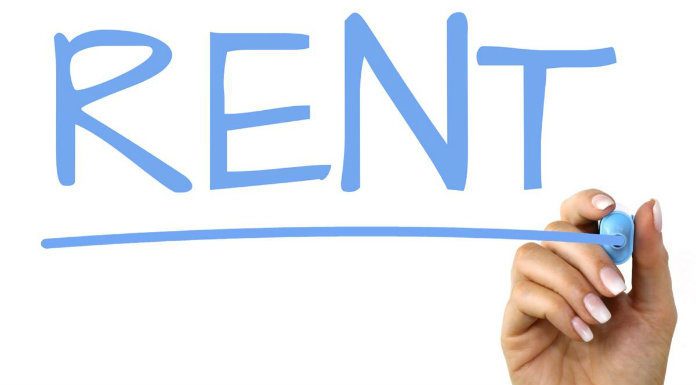Correctly timing a rent increase is critical to getting the best possible return from your investment property – raise it too soon and you could lose a good tenant; leave it too long and you could miss out on extra rental income. So… how do you know the time’s right?
When is a rent increase allowed?
Before asking “Should I increase my rent?”, it’s important to understand your legal requirements when it comes to rent increases.
In NSW, rental laws are set out in the Residential Tenancies Act and Residential Tenancies Regulation. In these documents, it is stipulated that:
- Unless there is a specific clause written into your initial fixed-term lease, a rent increase can only be made once your tenant has transitioned onto a periodic lease (ie the lease has expired).
- You must provide your tenant with written notification at least 60 days before any planned rent increase.
- There is no cap on how often you can increase your rent, or how much you can increase it by. However, if your tenant believes that an increase is excessive, they can apply to the NSW Civil & Administrative Tribunal (NCAT) for a review.
What are acceptable reasons for a rent increase?
Most tenants understand that, if there lease has expired, their rent may increase from time to time. As such, you do not need to provide a specific reason when notifying them of the change.
However, as you are required to make sure any increase is fair and reasonable, it’s best to carefully consider any change to your rent. Factors you should think about include:
- The state of the rental market: Market strength will depend on how many vacant rentals there are. The lower the vacancy rate, the less options tenants have, so the higher the rent can be.
- The strength of the local market: When you hear reports of rent increase Sydney, that’s a general comment on how the whole city’s market is fairing and is not necessarily true for all areas. As such, it’s important to consider vacancy rates and comparison data in the local area, as well as things like major developments that could impact the local market.
- If you have a good tenant: While investment decisions should mostly be about the numbers, there’s more than income to consider. Keeping a quality tenant in your property, who pays their rent on time and looks after the place, is often more valuable than a relatively small increase in the rent – particularly when you consider the potential cost of finding a new tenant, if your current one moves out.
- How long it’s been since the last rent increase: If you allow your rent to fall behind the market rate, it can be hard to catch up. As such, making small increases more regularly are often easier to manage than a single large increase (which can come as a shock to your tenant).
- The condition of the property: Over time, the condition of your property will naturally decline. Even if you have a great tenant who maintains the place as if it were their own, there will be unavoidable wear and tear on the fittings, fixtures, and surfaces. If your tenant moves out, you will need to either renovate or refresh before readvertising or adjust your rent expectations accordingly. As such, the current condition of your property should help inform any planned rent increase.
- Your financial position and goals: Why did you choose to invest in property? If it was to supplement your income and grow your portfolio, then finding opportunities to increase your rent may be appropriate. However, if you’re looking to better secure your financial future, keeping your tenant happy may be more important. Whatever your motivation, it should inform all your investment decisions, as every step should move you closer to your goal.
It’s also important to note that, if your tenant successfully applies to NCAT for a review of an increase, the NCAT can set your rent for the next 12 months. As such, it’s important to ensure that any rent increase is fair and defensible

So… how do you know it’s time for a rent increase?
The short answer is, there are no hard and fast rules about the best time for a rent increase. It will depend on the type and location of your property, the state of the local rental market, and your investment goals.
As a rule of thumb, checking your rent against the property’s market value every 6-12 months is a good idea. This doesn’t mean you should increase it that regularly, merely make sure that it is in line with the market rate.
If the market supports it, small yearly increases are both reasonable and responsible. However, you should consider the best time to make the increase and, by extension, notify your tenant. For example, notifying your tenant in August of a rent increase from October avoids the tenant moving during slower winter months, however you can readvertising during a peak period to find a new tenant, if your tenant chooses to leave.
Want more information?
Your property manager should be able to advise if a rent increase is appropriate – and, if so, when you should make the change. In providing this advice, they should also be able to update you on the state of the local rental market and any current trends (e.g. rising / falling rents, changes to the renewal rates, etc.).
If you’re not a Local Agency Co. client, but would like a second opinion on whether to increase your rent – or more information on our property management services – contact us on 1300 258 888 or via info@localagencyco.com. We have over 18 years of experience, specialise in leasing and property management, and are always happy to answer questions and offer advice.
